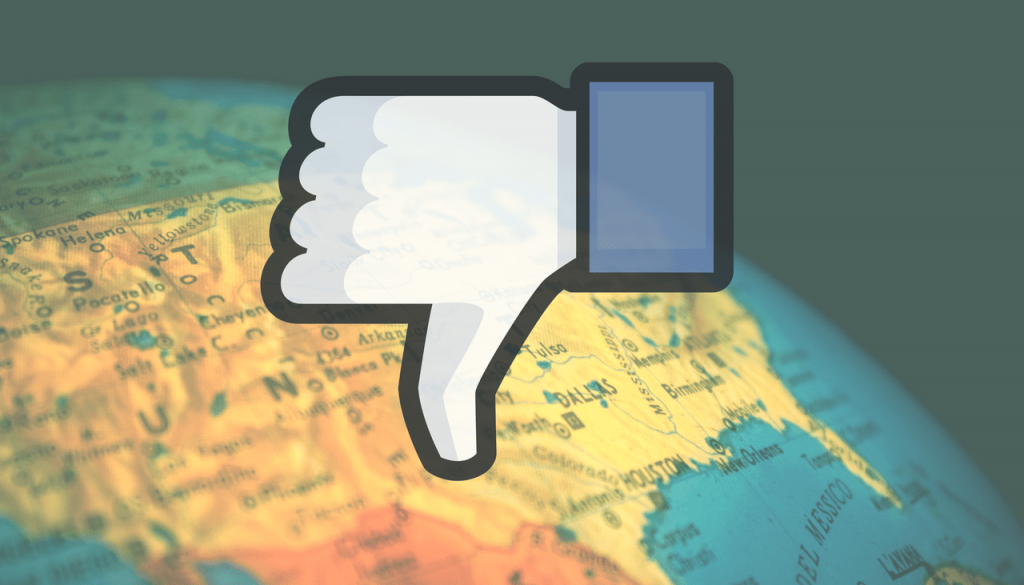Probably the most important factor when it comes to Facebook criticism is the way the social network handles the personal data of its users. Privacy issues related to individual cases have fueled the debate over time. The majority of the privacy-related issues surrounding Facebook is stemming from the platform’s policy of collecting data using different techniques.
Facebook’s Biggest Data Breach Is Political
The latest scandal surrounding Facebook, however, is not directly associated with its ways of handling user personal information. It has become evident that the data analytics firm, Cambridge Analytica, that had professional relations with Donald Trump’s election team harvested millions of US voters’ Facebook profiles. What is more, the firm was headed at that time by Trump’s key adviser Steve Bannon.
This is perhaps the biggest data breach involving the tech company. The harvested sensitive data was later used to build a software program to predict and influence choices at the ballot box, The Guardian recently wrote.
Apparently, a whistleblower has revealed that Cambridge Analytica used personal information taken without any authorization in the beginning of 2014. This information was used to profile individual US voters and target them with personalized political ads.
The whistleblower, Christopher Wylie, partnered with a Cambridge University academic to gather the data. This is what he said in a conversation with the Observer:
We exploited Facebook to harvest millions of people’s profiles. And built models to exploit what we knew about them and target their inner demons. That was the basis the entire company was built on.
Apparently, there are documents to support his claims, and these documents were seen by the Observer. More specifically:
The Observer has seen a contract dated 4 June 2014, which confirms SCL, an affiliate of Cambridge Analytica, entered into a commercial arrangement with GSR, entirely premised on harvesting and processing Facebook data. Cambridge Analytica spent nearly $1m on data collection, which yielded more than 50 million individual profiles that could be matched to electoral rolls. It then used the test results and Facebook data to build an algorithm that could analyse individual Facebook profiles and determine personality traits linked to voting behaviour.
Can Facebook Be Trusted?
What is worse is that Facebook found out about the information exploit… and did nothing to alert its users. The company “took limited steps to recover and secure the private information of more than 50 million individuals”.
This particular case aside, the future is certainly uncertain in terms of privacy protection and Facebook. Whatever happens (or doesn’t happen) with the tech giant’s policies and actions, it will certainly have an immense effect upon, well, everybody.
As millions of people use the service actively, their data is being processed by the company’s machine learning and AI in-house software. As noted by our author Martin Beltov, we can only speculate how the data will be used in the coming future where the processing speed and capabilities will grow exponentially and will allow for wider consumer concerns.



